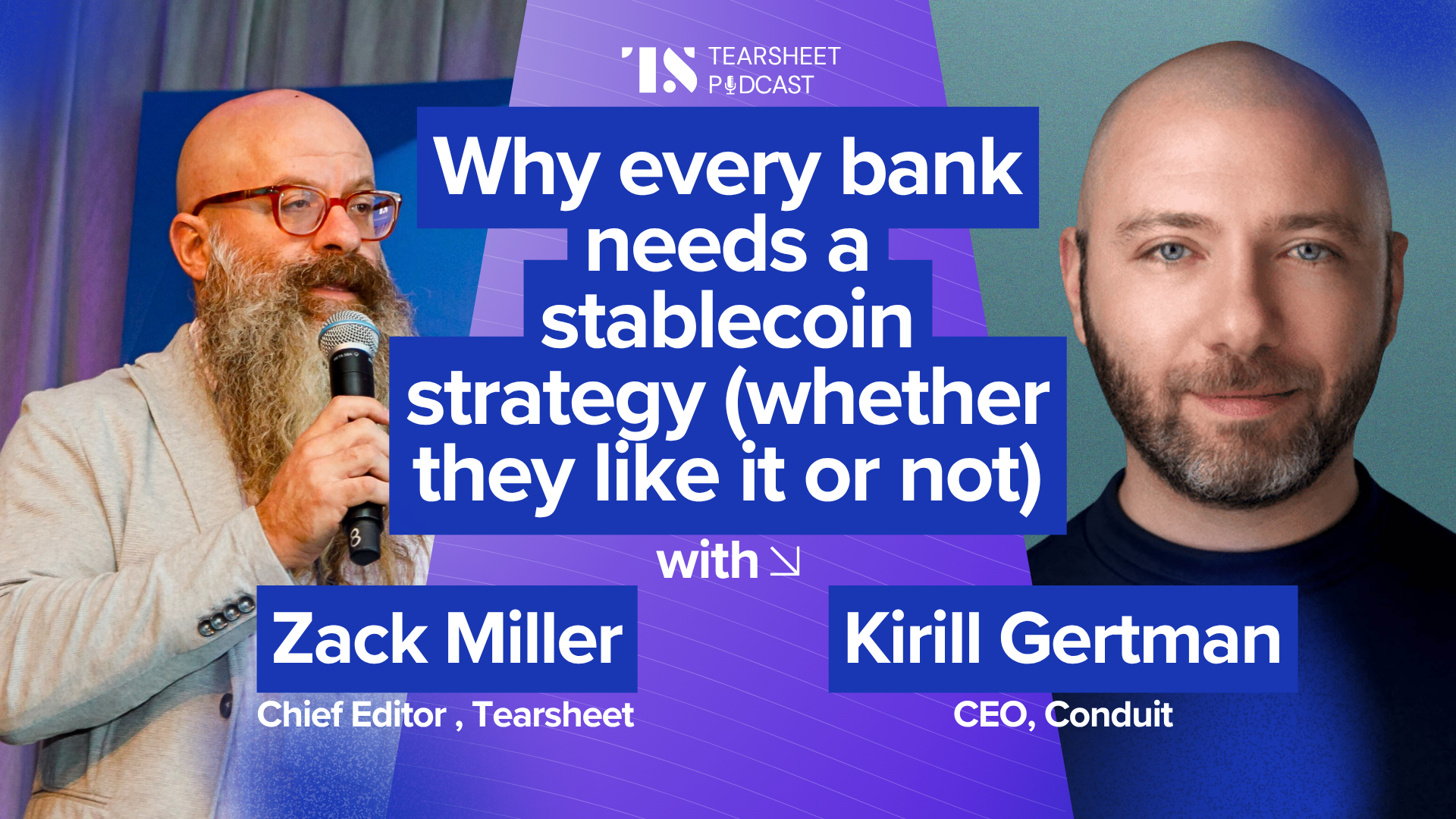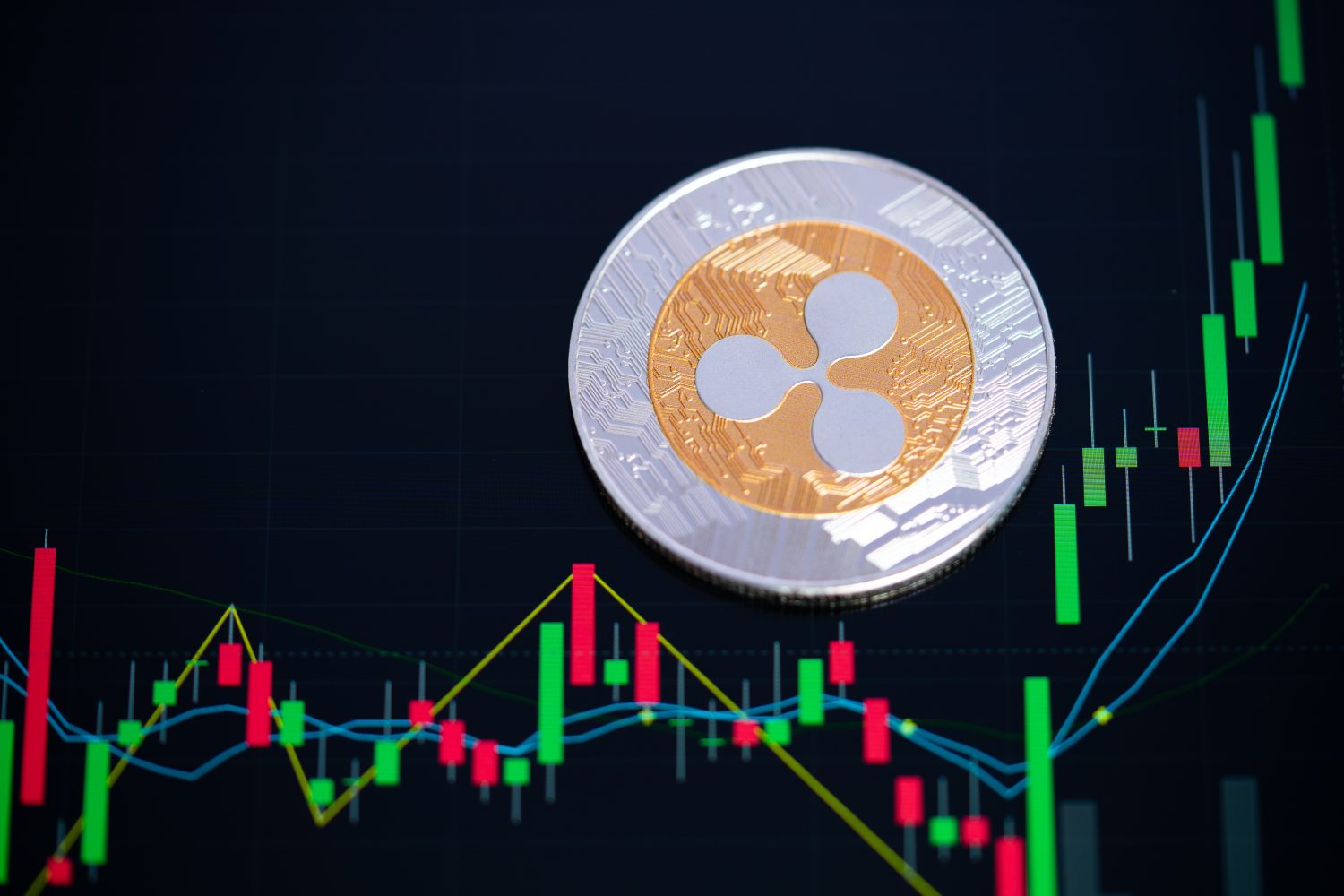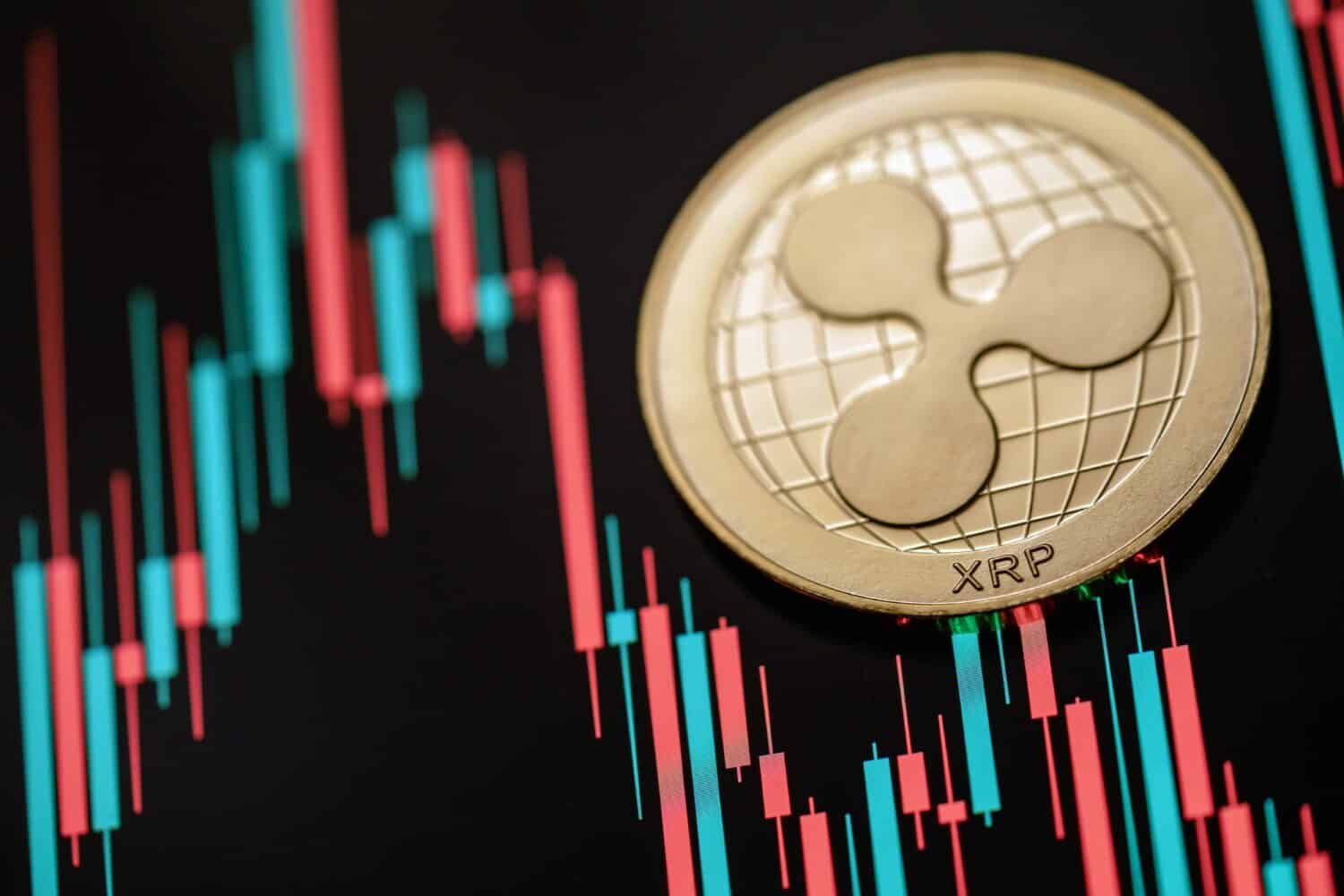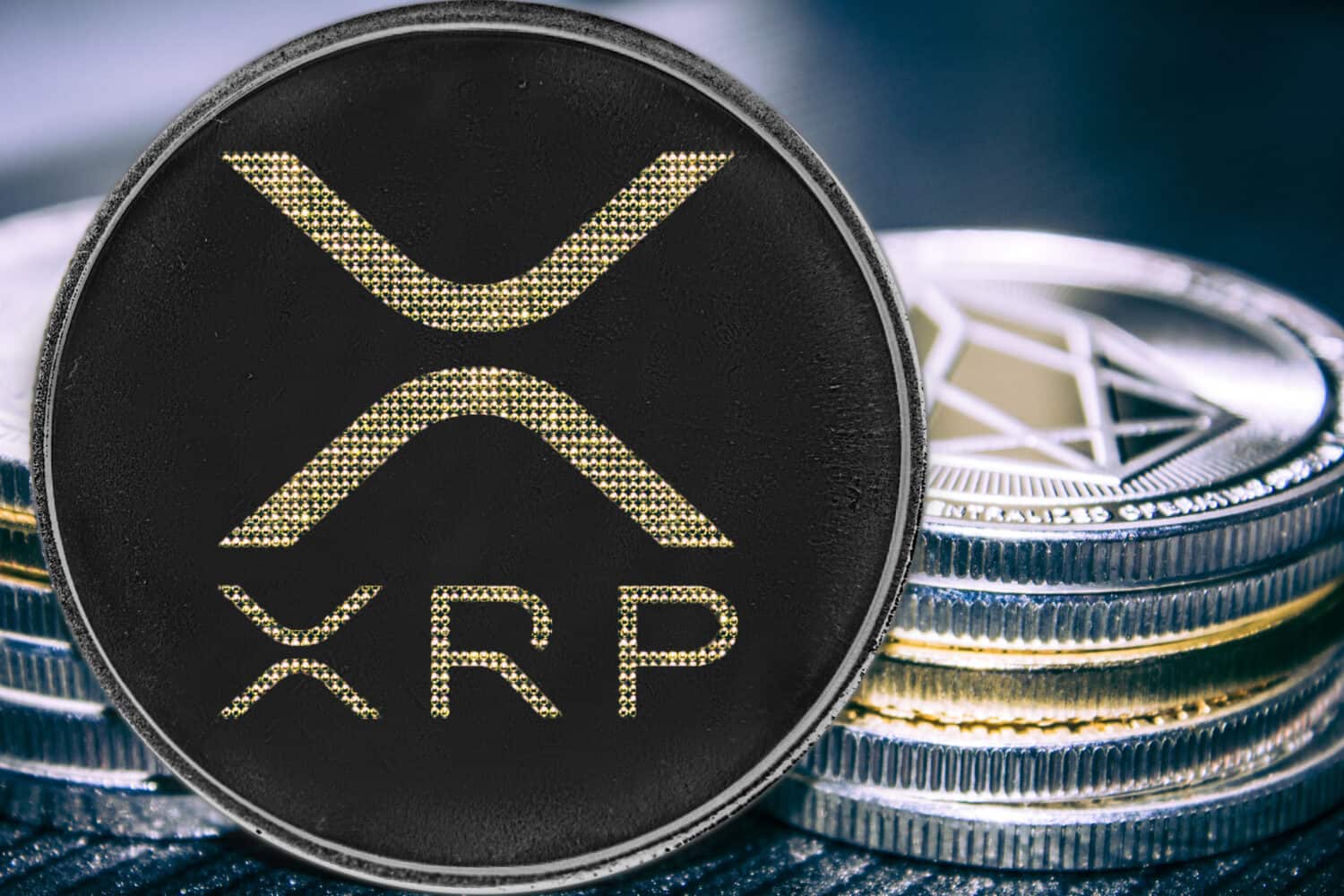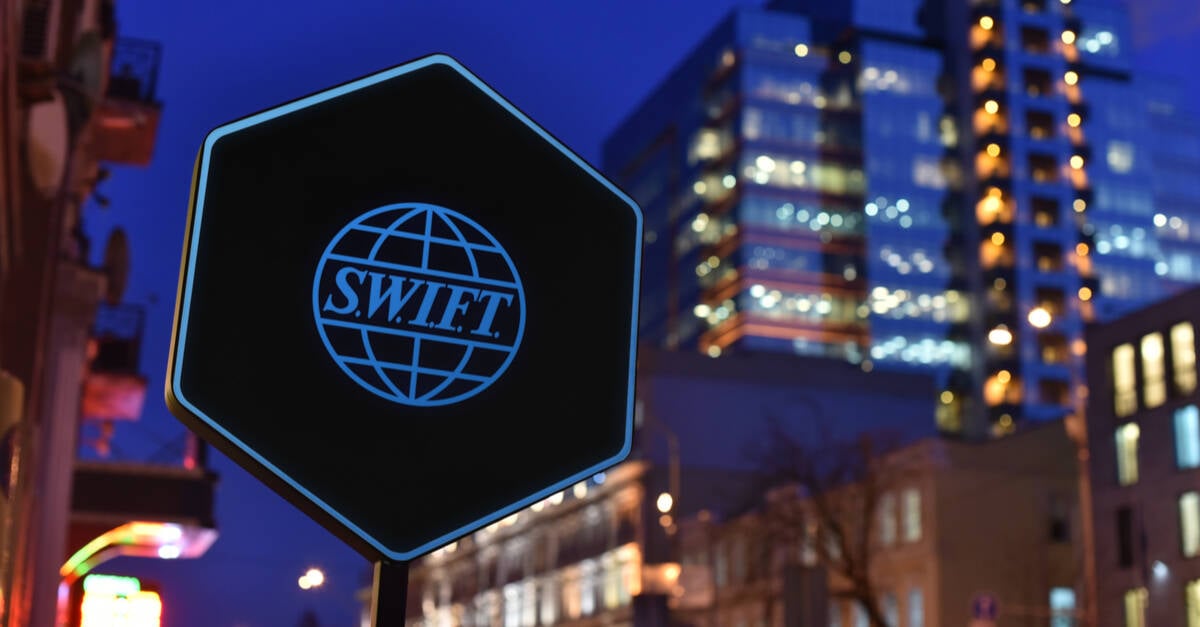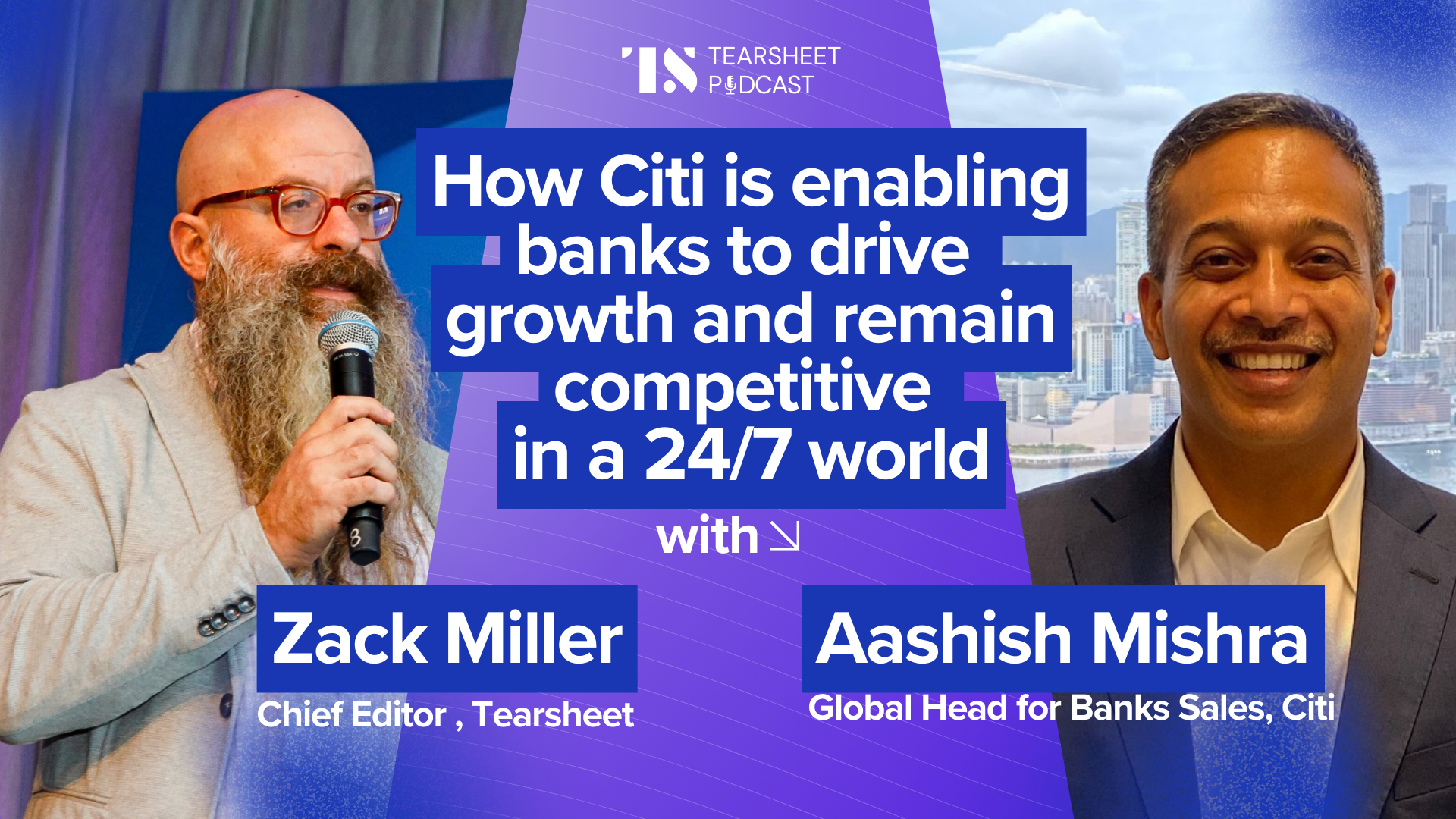fromLondon Business News | Londonlovesbusiness.com
1 day agoMulti-currency strategy for African expansion - London Business News | Londonlovesbusiness.com
Expanding your startup into Africa is one of the most ambitious and potentially rewarding moves you can make as a founder. With a rapidly digitalising economy and a booming young population, the continent offers a growth trajectory that is hard to find elsewhere. However, as you begin to scale, you will quickly realise that the financial landscape is not a monolith. Navigating 54 different countries means managing dozens of volatile currencies and banking systems.
Venture





